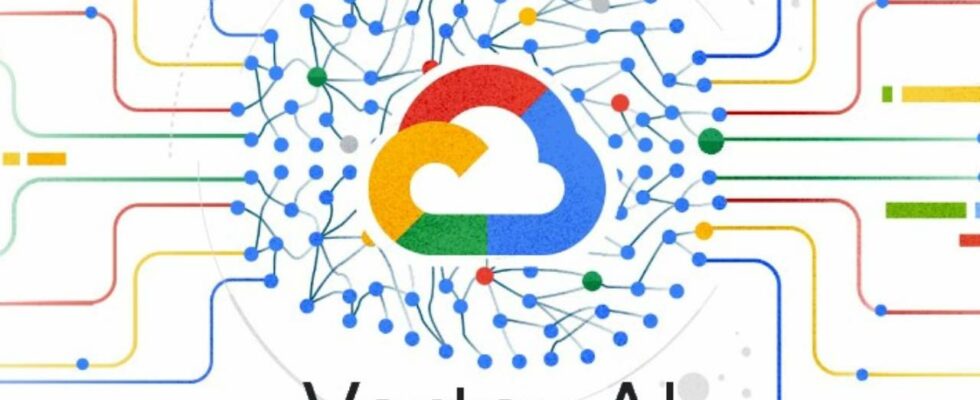Vertex AI, Google Cloud’s fully managed and unified development platform, offers a comprehensive solution for leveraging models at scale, customizing models and building AI agents with enterprise-ready tuning, baseline, monitoring and deployment capabilities.
With a choice of more than 150 first-party, open source and third-party base models, Vertex AI accelerates innovation by providing customers like ADT, IHG Hotels & Resorts, ING Bank and Verizon with a one-stop platform for building, deploying and maintaining AI applications and agents.
Major updates for Vertex AI at Google I/O 2024
A series of Vertex AI updates were announced at Google I/O 2024, led by new models developed by Google DeepMind and other teams at Google and available to Cloud customers:
Now Available:
Gemini 1.5 Flash: Available in public preview, Gemini 1.5 Flash offers a groundbreaking context window of 1 million tokens, is lighter than 1.5 Pro, and is designed to effectively serve tasks like chat applications with speed and scale.
PaliGemma: Available in the Vertex AI Model Garden, PaliGemma is the first visual language model in the Gemma open model family and is ideal for tasks such as image captioning and visual question answering.
Coming soon:
Imagen 3: The highest quality text-to-image production model to date, capable of producing incredible levels of detail and producing photorealistic, lifelike images.
Gemma 2: The next generation of a family of open models designed for a wide range of AI developer use, Gemma 2 uses the same technologies used to create Gemini.
New features in Vertex AI
Google also announced new features like context caching, controlled rendering, and batch API to help customers optimize model performance.
Context Caching: Context caching, which enables customers to actively manage and reuse cached context data, helps significantly reduce transaction costs.
Controlled Rendering: Allowing customers to define Gemini model outputs according to specific formats or schemas, controlled rendering ensures the format and syntax of model outputs.
Batch API: A super-efficient way to send large numbers of latency-insensitive text prompts targeting use cases such as classification and sentiment analysis, data extraction, and annotation generation, the batch API helps speed up developer workflows and reduce costs.
Agent Builder: New open source integrations
Vertex AI Agent Builder enables developers to build and deploy AI experiences through a suite of tools, from a code-free console to code-first open source orchestration frameworks like LangChain for building AI agents using natural language. To further power Agent Builder, Google introduced Firebase Genkit and LlamaIndex on Vertex AI.
Firebase Genkit: Announced by Firebase, Genkit is an open-source Typescript/JavaScript framework designed to simplify the development, deployment, and monitoring of production-ready AI agents.
LlamaIndex on Vertex AI: Simplifying the access-augmented generation (RAG) process, from data ingestion and transformation to embedding, indexing, retrieval, and production, LlamaIndex offers a simple, flexible, open-source data framework for connecting custom data sources into generative models.
Foundation with Google Search
In addition to helping customers base their output on their own proprietary databases or designated “corporate truth” sources, Google has announced that Grounding with Google Search is now generally available. It also expanded the scope of generated output compensation to include output based on Google Search within the scope of Generative AI compensated services.
With Vertex AI, Google aims to democratize AI innovation and empower organizations to accelerate AI deployments in production.
You can click the link below to watch the event.


